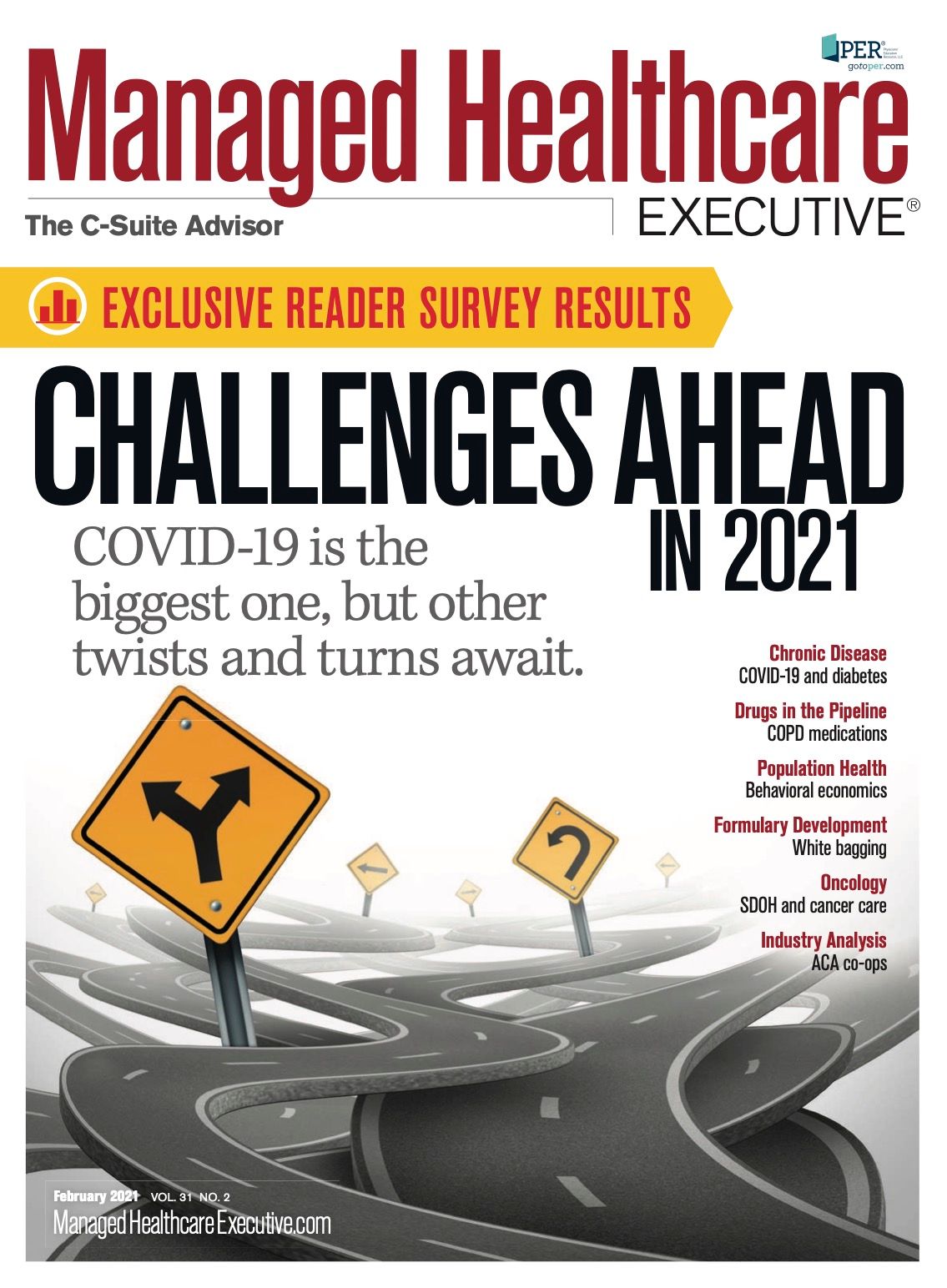- Drug Coverage
- Hypertrophic Cardiomyopathy (HCM)
- Vaccines: 2023 Year in Review
- Eyecare
- Urothelial Carcinoma
- Women's Health
- Hemophilia
- Heart Failure
- Vaccines
- Neonatal Care
- NSCLC
- Type II Inflammation
- Substance Use Disorder
- Gene Therapy
- Lung Cancer
- Spinal Muscular Atrophy
- HIV
- Post-Acute Care
- Liver Disease
- Pulmonary Arterial Hypertension
- Safety & Recalls
- Biologics
- Asthma
- Atrial Fibrillation
- Type I Diabetes
- RSV
- COVID-19
- Cardiovascular Diseases
- Breast Cancer
- Prescription Digital Therapeutics
- Reproductive Health
- The Improving Patient Access Podcast
- Blood Cancer
- Ulcerative Colitis
- Respiratory Conditions
- Multiple Sclerosis
- Digital Health
- Population Health
- Sleep Disorders
- Biosimilars
- Plaque Psoriasis
- Leukemia and Lymphoma
- Oncology
- Pediatrics
- Urology
- Obstetrics-Gynecology & Women's Health
- Opioids
- Solid Tumors
- Autoimmune Diseases
- Dermatology
- Diabetes
- Mental Health
Next Gen ACOs: Savers or Spenders?
The Next Generation ACO program, was supposed to end in 2020, but it was granted a one-year reprieve because of the COVID-19 pandemic. The National Association of ACOs (NAACOS) wants that extension to become permanent and says the “Next Gen” ACOs save the Medicare program a lot of money. Former CMS Administrator Seema Verma begs to differ.
The Next Generation ACO program, was supposed to end in 2020, but it was granted a one-year reprieve because of the COVID-19 pandemic. The National Association of ACOs (NAACOS) wants that extension to become permanent and says the “Next Gen” ACOs save the Medicare program a lot of money.
In a January 13 press release, NAACOS said 37 of the 41 participating Next Gen ACOs collectively saved Medicare a total of $559 million in 2019. The association’s math is based on performance year 4 numbers. Once shared savings — the money that ACOs get back if they beat financial benchmarks — are factored in, the net savings were $204 million.
In 2018, the Next Gen ACOs saved Medicare $406 million, according to NAACOS. But the net, once shared savings and losses are factored came out to $185 million, according the ACOs math.
ACOs have bipartisan support, but the CMS ACO programs came to be under the ACA, and the NAACOS and the Trump administration didn’t see eye to eye. It is not clear yet how the Biden administration will deal with ACOs and the Trump administration's push to have the CMS ACOs take on more downside risk,
In a January 10 Health Affairs blog post, Verma, citing a CMS evaluation report, said that the Next Gen ACOs didn’t lead to a statistically significant difference in spending during their first two performance years and, what’s more, in 2017, actually led to an increase of $115.6 million in Medicare spending once shared sharings were included. But those are earlier performance years.
According to the Year 4 results posted on the CMS website (which are the 2019 results that the NAACOS figures are baed upon), the Next Gen ACOs that received the largest amount shared savings payments were UT Southwestern Accountable Care Network ($50.6 million), UnityPoint Accountable Care ($42 million) and Indiana University Health ($29.6 million). Two Next Gen ACOs had shared losses, HCP California ($9.9 million) and Cox Accountable Care ($1 million).

DC Roundtable: Patrick Cooney of The Federal Group Drops the Latest on PBM Legislation in Washington
April 11th 2024In this episode of "DC Roundtable," Peter Wehrwein, managing editor of Managed Healthcare Executive, spoke with Patrick Cooney, president of The Federal Group, a lobbying and strategic planning firm in Washington, D.C., about recent developments in Washington concerning PBMs.
Listen
